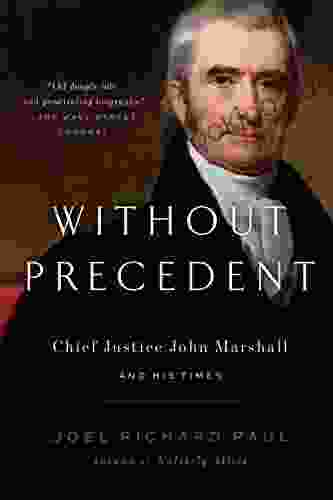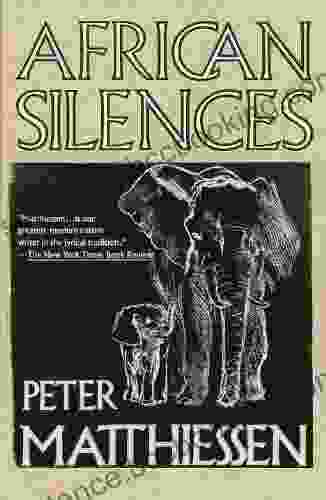Chief Justice John Marshall And His Times

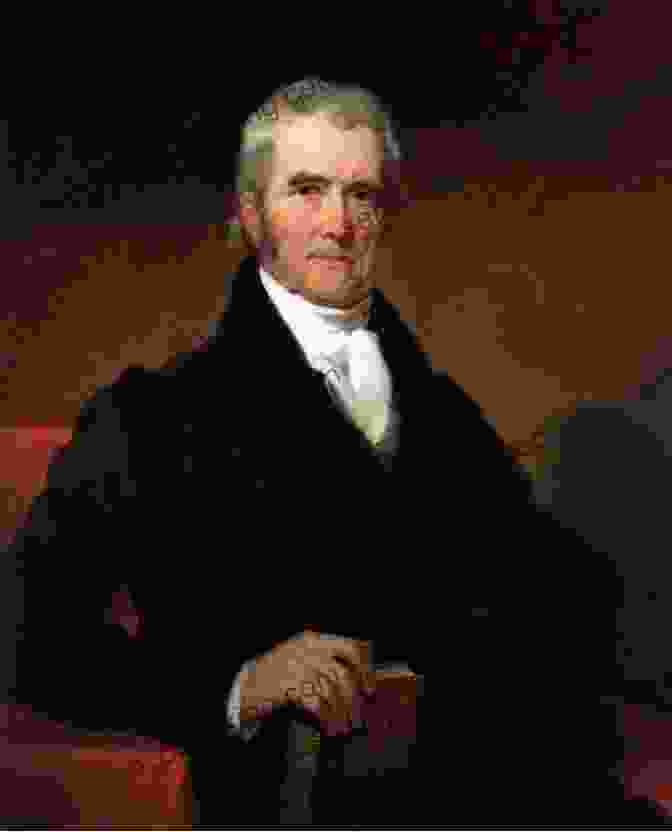
4.6 out of 5
| Language | : | English |
| File size | : | 2276 KB |
| Text-to-Speech | : | Enabled |
| Screen Reader | : | Supported |
| Enhanced typesetting | : | Enabled |
| X-Ray | : | Enabled |
| Word Wise | : | Enabled |
| Print length | : | 512 pages |
In the annals of American history, Chief Justice John Marshall stands as a towering figure, a legal luminary whose profound impact on the nation's jurisprudence and constitutional development cannot be overstated. During his tenure as the fourth Chief Justice of the Supreme Court, Marshall played a pivotal role in shaping the course of American law, establishing precedents that continue to guide the nation's legal system to this day. This article delves into the life, times, and enduring legacy of John Marshall, shedding light on the man who left an indelible mark on the fabric of the United States.
Early Life and Education
John Marshall was born on September 24, 1755, in Germantown, Virginia. His father, Thomas Marshall, was a successful planter and surveyor, while his mother, Mary Isham Keith Marshall, came from a prominent Virginia family. Marshall received his early education at home, under the tutelage of private tutors and his father. He excelled in his studies, displaying a keen intellect and a passion for learning.
In 1773, Marshall entered the College of William & Mary, where he continued to excel academically. He graduated with honors in 1776, just as the American Revolution was brewing. Marshall's patriotic fervor led him to join the Continental Army, where he served as an aide-de-camp to General George Washington.
After the war, Marshall returned to Virginia and began studying law. He was admitted to the bar in 1780 and quickly established himself as a skilled and respected attorney. Marshall's legal acumen and oratorical abilities soon brought him to the attention of influential political leaders, including George Washington and Thomas Jefferson.
Political Career
In 1782, Marshall was elected to the Virginia House of Delegates, where he served for several terms. He quickly rose through the ranks, becoming a leading voice on legal and constitutional matters. Marshall's political career continued to flourish, and he held various positions, including serving as a member of the Virginia Ratifying Convention in 1788, where he played a key role in securing Virginia's ratification of the U.S. Constitution.
In 1799, President John Adams appointed Marshall to the newly established position of Secretary of State. Marshall served in this role for less than a year before being appointed Chief Justice of the Supreme Court in 1801 by President Adams, a decision that would have a profound impact on American history.
Chief Justice of the Supreme Court
Marshall's tenure as Chief Justice spanned from 1801 to 1835, a period of immense legal and political upheaval. Under Marshall's leadership, the Supreme Court emerged as a powerful and independent branch of government, capable of checking the authority of both the executive and legislative branches.
One of Marshall's most important contributions was his articulation of the principle of judicial review in Marbury v. Madison (1803). In this landmark decision, the Supreme Court declared itself the final arbiter of the Constitution's meaning, establishing the judiciary as a co-equal branch of government.
Marshall also played a crucial role in defining the scope of federal power under the Constitution. In McCulloch v. Maryland (1819),the Court ruled that the federal government had the implied power to create a national bank, thereby expanding the federal government's authority. In Gibbons v. Ogden (1824),the Court upheld the federal government's exclusive power over interstate commerce, further strengthening the national government.
Marshall's decisions did not always sit well with his political opponents, particularly those who favored states' rights. However, despite the controversies, Marshall's jurisprudence laid the foundation for a strong and unified national government, capable of promoting economic growth and safeguarding individual rights.
Legacy and
Chief Justice John Marshall retired from the Supreme Court in 1835, leaving behind a legacy that continues to shape American law and jurisprudence. His decisions established the principle of judicial review, defined the scope of federal power, and strengthened the national government. Marshall's commitment to the rule of law, his intellectual brilliance, and his unwavering belief in the Constitution's enduring principles remain an inspiration to lawyers, judges, and citizens alike.
John Marshall's influence extends far beyond the courtroom. His writings, speeches, and decisions have had a profound impact on American political thought and constitutional development. His legacy as a jurist, statesman, and patriot continues to resonate in the halls of justice and the hearts of Americans today.
By delving into the life and times of Chief Justice John Marshall, we gain a deeper appreciation for the challenges and triumphs that shaped the nation's legal and political landscape. Marshall's enduring legacy serves as a reminder of the importance of an independent judiciary, the supremacy of the Constitution, and the enduring power of the American experiment in self-government.
4.6 out of 5
| Language | : | English |
| File size | : | 2276 KB |
| Text-to-Speech | : | Enabled |
| Screen Reader | : | Supported |
| Enhanced typesetting | : | Enabled |
| X-Ray | : | Enabled |
| Word Wise | : | Enabled |
| Print length | : | 512 pages |
Do you want to contribute by writing guest posts on this blog?
Please contact us and send us a resume of previous articles that you have written.
 Book
Book Novel
Novel Page
Page Chapter
Chapter Text
Text Story
Story Genre
Genre Reader
Reader Library
Library Paperback
Paperback E-book
E-book Magazine
Magazine Newspaper
Newspaper Paragraph
Paragraph Sentence
Sentence Bookmark
Bookmark Shelf
Shelf Glossary
Glossary Bibliography
Bibliography Foreword
Foreword Preface
Preface Synopsis
Synopsis Annotation
Annotation Footnote
Footnote Manuscript
Manuscript Scroll
Scroll Codex
Codex Tome
Tome Bestseller
Bestseller Classics
Classics Library card
Library card Narrative
Narrative Biography
Biography Autobiography
Autobiography Memoir
Memoir Reference
Reference Encyclopedia
Encyclopedia Matthew Bogdanos
Matthew Bogdanos Julie Sussman
Julie Sussman Marjory Wildcraft
Marjory Wildcraft Mark Walters
Mark Walters Joel Greenberg
Joel Greenberg Tim Gallagher
Tim Gallagher Walt Williams
Walt Williams Jody Hoffer Gittell
Jody Hoffer Gittell Jonathan Cheng
Jonathan Cheng John Kaufman
John Kaufman John Lloyd Stephens
John Lloyd Stephens John Garofolo
John Garofolo Jim Vance
Jim Vance Jim Palmer
Jim Palmer Peter Mcaleese
Peter Mcaleese Kirstie Watson
Kirstie Watson Joan Biskupic
Joan Biskupic S Allen Counter
S Allen Counter Johan Norberg
Johan Norberg Julia Finley Mosca
Julia Finley Mosca
Light bulbAdvertise smarter! Our strategic ad space ensures maximum exposure. Reserve your spot today!
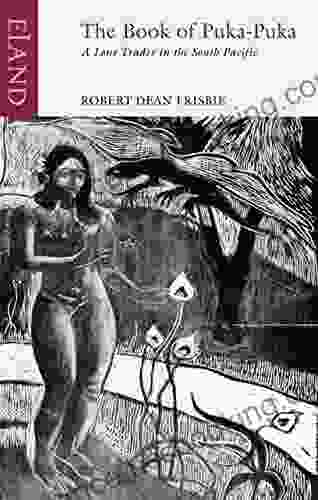
 Anton ChekhovEscape to Paradise with "The Island of Puka Puka": A Captivating Novel of...
Anton ChekhovEscape to Paradise with "The Island of Puka Puka": A Captivating Novel of...
 David Foster WallacePolitics and Culture at the Close of the Modern Age: Routledge Classics
David Foster WallacePolitics and Culture at the Close of the Modern Age: Routledge Classics Finn CoxFollow ·13.6k
Finn CoxFollow ·13.6k Mario BenedettiFollow ·9.5k
Mario BenedettiFollow ·9.5k Ross NelsonFollow ·13.9k
Ross NelsonFollow ·13.9k Edison MitchellFollow ·7.9k
Edison MitchellFollow ·7.9k Darrell PowellFollow ·18.9k
Darrell PowellFollow ·18.9k Felipe BlairFollow ·3.5k
Felipe BlairFollow ·3.5k Sidney CoxFollow ·10.3k
Sidney CoxFollow ·10.3k John SteinbeckFollow ·15.5k
John SteinbeckFollow ·15.5k

 Jesus Mitchell
Jesus MitchellDiscover the World of Satisfying Meals with Or...
In a world where culinary creations often...
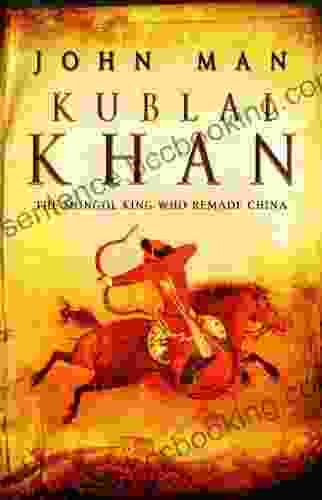
 Darius Cox
Darius CoxJourney into the Extraordinary Life of Kublai Khan: An...
Immerse Yourself in the Fascinating...
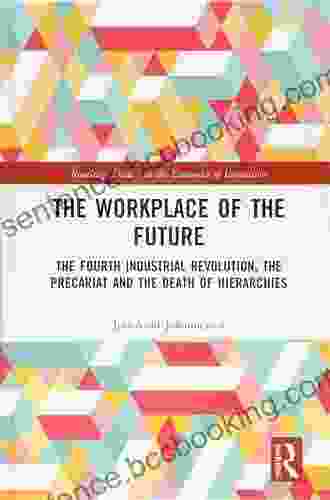
 Gil Turner
Gil TurnerThe Fourth Industrial Revolution: The Precariat and the...
In his groundbreaking book, The Fourth...
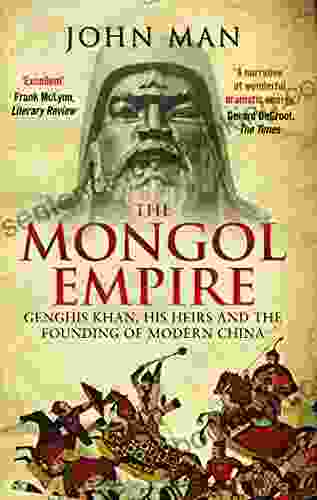
 Jonathan Franzen
Jonathan FranzenGenghis Khan: His Heirs and the Founding of Modern China
Genghis Khan, the...
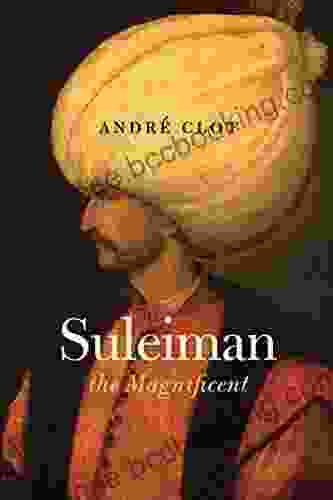
 Eugene Powell
Eugene PowellJourney Through the Golden Age of the Ottoman Empire with...
Delve into the Enchanting World of the...
4.6 out of 5
| Language | : | English |
| File size | : | 2276 KB |
| Text-to-Speech | : | Enabled |
| Screen Reader | : | Supported |
| Enhanced typesetting | : | Enabled |
| X-Ray | : | Enabled |
| Word Wise | : | Enabled |
| Print length | : | 512 pages |


